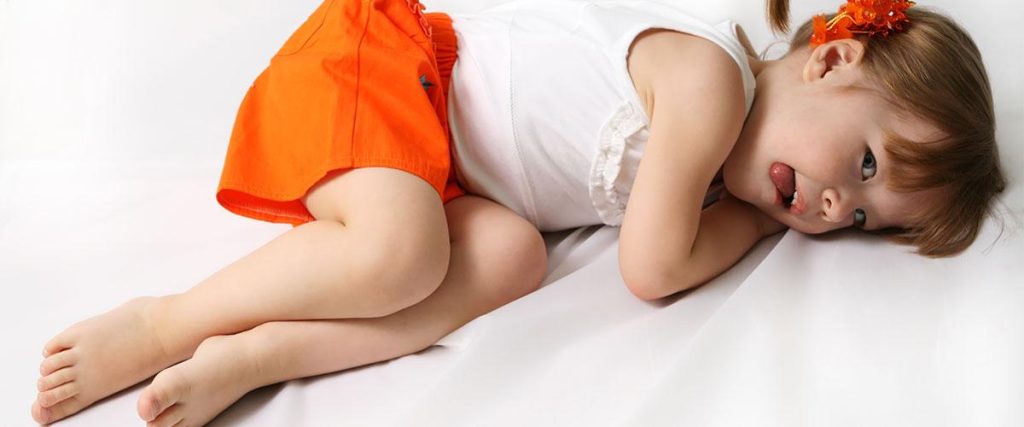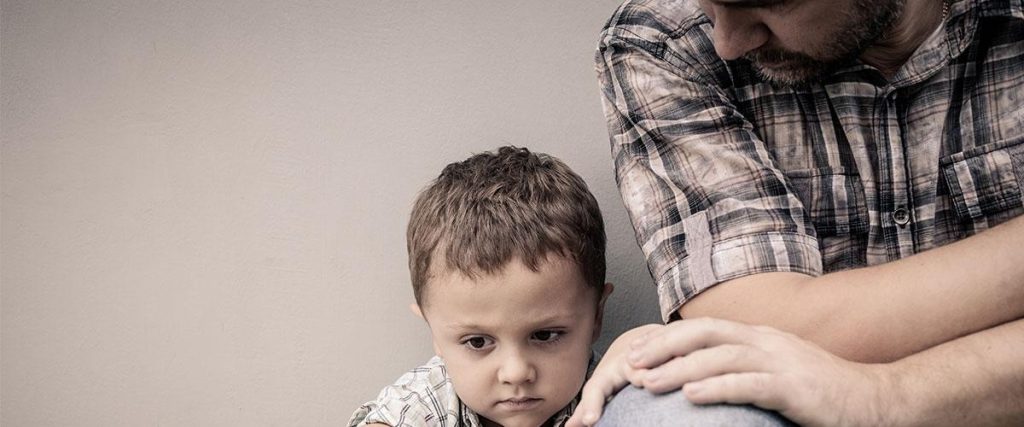5 Things to keep in mind while teaching your kids manners
A parent will quickly realize that while their children may be born with many innate abilities, behaving politely is not one of them. And so, it’s up to you to teach your little bundle of joy how to behave in a polite society.
If you start modeling your children’s behaviors from an early age, you’ll be able to teach them good manners easily. So, read on to learn how to raise a courteous, friendly child who is at home in any social situation.
Expect respect
The root of good manners is respect for another person; and the root of respect is sensitivity. Sensitivity is one of the most valuable qualities you can instill in your child — and it begins at infancy. A sensitive infant will naturally become a respectful child, because he cares for another’s feelings, and will naturally become a well-mannered person.
Their politeness will be more creative and more heartfelt than anything they can learn from a book of etiquette. Now days, especially in big urban areas, it is socially correct to teach children to be “assertive.” Keep in mind, however, being assertive is healthy if it doesn’t override politeness and good manners.


Teach polite words early
Did you know that even two-year-olds can learn to say “please” and “thank you”? Despite not being able to understand the social graciousness of these words, your toddler will realize that “please” is how you get what you want and “thank you” is how you end an interaction. When you plant these social niceties into your child’s vocabulary they will later use them with the understanding that they make others feel good about helping you.
Make it a habit to open with a “please” when you ask your toddler to give you something and to close with a “thank you”. Even before the child grasps the meaning of these words they learns they are important because mommy and daddy use them a lot and they have such nice expressions on their faces when they say these words. Your children will mimic these terms and understand their usefulness long before they understand their meaning.
Acknowledge your child
Try and include your child in adult goings-on, especially if there are no other children present. If you and your kid are in a crowd of mostly adults, tuning out your child is asking for trouble. Even a child who is usually well-behaved will make a nuisance of herself to get your attention. When you include your child, it teaches them social skills, and acknowledging their presence shows them that he they have value.
Stay connected with your child in situations that put them at risk for undesirable behavior. For example during a visit with other adults, make sure that you keep your younger child physically close to you and maintain frequent verbal and eye contact. You should also make an effort to ensure that your older child feels part of the action so that he is less likely to get bored and wander into trouble.


Don’t force manners.
Don’t make this common mistake. While it’s okay to occasionally dangle a “say please” over a child before you grant their request don’t rigidly adhere to asking for the “magic word” before you give your child what he wants.
This is a pretty sure way of tiring the child of these polite words even before he understands them. Make sure that when you remind a child to say “please,” do so as part of good speech, not as a requirement for getting what he wants. Your child should also hear a lot of good speech from you.
Correct politely
When your child makes a mistake, don’t rant and rave like many overreacting parents do. Instead, keep your voice modulated, look the child straight in the eye, and put your hand on his shoulder during your sermon.
These gestures reflect that you are correcting the child because you care. Your politeness will show your child that you value them and want them to learn from her mistakes so she becomes a better person.
Every parent dreams of the polite little child who says “please” and “thank you.” A reason why you should focus on your children’s manners is because it also reflects on you. Understanding the basis of good manners will help your kids become good citizens. Good manners, after all, are necessary for people to live together in this world. Gracious manners reflect a loving and considerate personality.







































Leave a comment